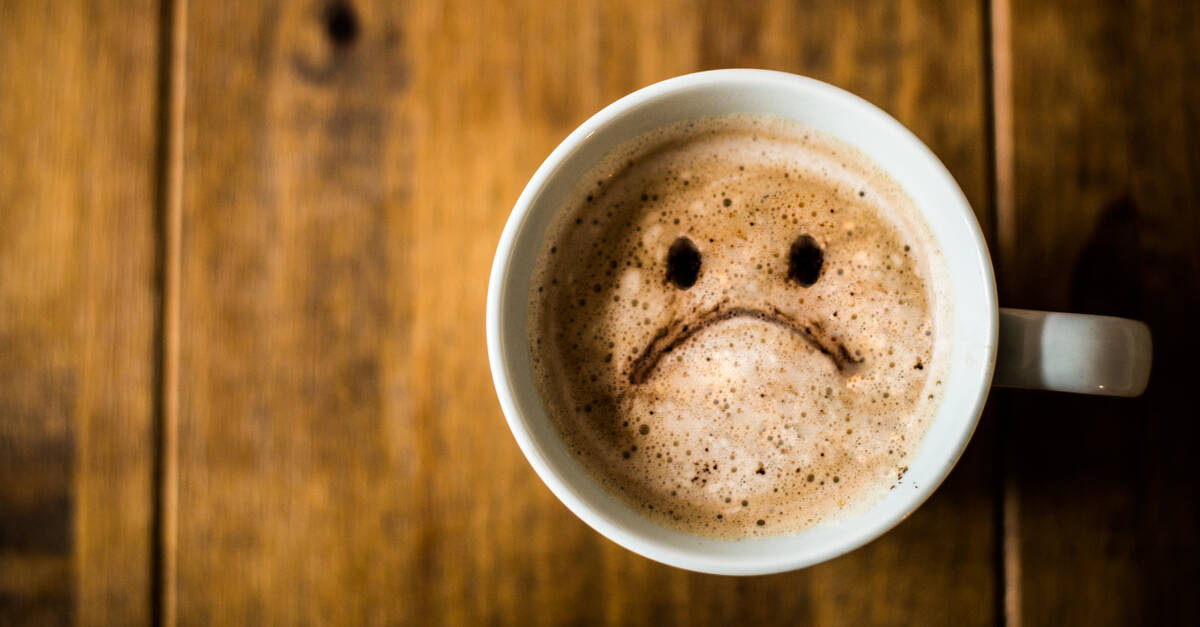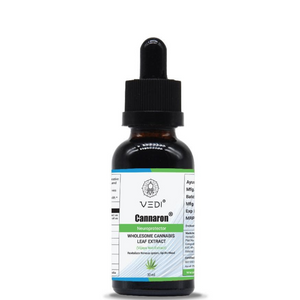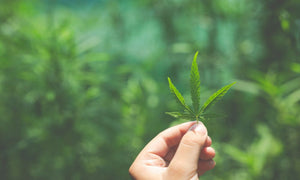Ayurvedic Perspective on Caffeine and Alternatives | Ayurvedic Medicines - VEDI

Worldwide a considerable populace is addicted to caffeine and caffeinated beverages, such as tea, coffee, chocolate and energy drinks. So what does Ayurveda the 5000-year-old ancient medical science say about our beloved caffeine based beverages? Is it good for our health? We try to explore these facts in this blog and also look at alternatives for caffeine based beverages.
Ayurvedic Truth about Caffeine Ayurveda is older than caffeinated beverages, hence there is no reference to these drinks in Ayurvedic texts. The limited information that exists is a conclusion of studies and observations made by Ayurvedic practitioners. The first thing to remember is that anything consumed in moderation will not harm the body. Similarly, if caffeinated drinks are taken in limited quantity, they do not harm the body but excessive quantities can be harmful. How does excess caffeine affect us and are there any symptoms? Everything in Ayurveda revolves around the Doshas. Hence, the effect of excessive consumption of caffeine is also seen on the Doshas. Ayurvedic experts say that the first cup certainly acts as a stimulant but anything more has a detrimental effect. Symptoms? Yes, there are very visible symptoms and these are enlisted below according to each Dosha. The negative effect of caffeine on Vata Dosha types
- Can increase anxiety, fear and nervousness
- Can cause jitteriness, shakiness, dizziness
- Decreases digestion and can also lead to gas and bloating
- May lead to accelerated or irregular heartbeat
- Overuse can lead to dehydration and dryness in the body.
- Caffeine consumption may tax the kidneys and bladder
- It can lead to increased appetite and decreased digestion
- Can release the stress hormone cortisol that can cause weight gain in the midsection
- Can lead to polyuria
- For those diagnosed with Type 2 diabetes, it can impair glucose metabolism.
- Can increase blood pressure 2-3 hours after consumption
- Can cause irritability, frustration and short temper
- Increases body heat and can worsen UTI conditions
- Taxes the liver
- Overuse can lead to headaches, hyperacidity, heartburn, nausea and vomiting.
- Caffeine effects on Pitta dosha: it may cause hair gray, hair loss, itching.
Alternatives to Caffeine Getting off caffeine is not easy with whatever tips you follow. There are many people who complain of withdrawal symptoms. Is there help? Yes, here are a few herbs that can make the withdrawal process from caffeine easy. Concoctions/ Teas/ kadhas made from these herbs can be consumed through the day to boost metabolism.
- Ginger: Including ginger in your daily diet helps in morning elimination while boosting digestion, and improving metabolism. Boil around 4 cups of water. Add about 2-3 inches of either grated or smashed ginger to it. Reduce the flame, cover the vessel and boil until the quantity reduces to about 1.5 cups. Add honey or coconut sugar for taste. This Kadha can be had twice every day. People with Pitta Dosha can reduce the amount of ginger being used.
- Ashwagandha: Ashwagandha is a great tonic for the body and mind. It increases energy, strength, muscle mass, immunity and vitality. Mix ½ tsp of Ashwagandha root powder with ½ tsp ghee and 1 tsp of honey. This can be had as a powder or can be mixed in warm water and taken as a Kadha. You can buy 100% Organic Ashwagandha root powder Also, read about other interesting ways to include Ashwagandha in your diet.
- Brahmi: This is another essential herb that not only boosts energy but also promotes mental alertness, clarity, focus and concentration. In a cup of boiled water add ½ tsp Brahmi, ¼ tsp ginger powder, and a large pinch of pepper powder. Steep the drink for 5 minutes and drink. Alternatively, you can buy Brahmi extract supplement
- Green Tea: As it has less 2% caffeine, it can be taken daily. It is easy to prepare. You have to take a cup of warm water and put the dried green tea leaves in it. After 5 mints you can strain and take it. You may also use green tea bags. It is very effective in stress management, weight loss, energetic, appetizer, useful in heart diseases,. It is a good anti oxidant, helps in skin glowing including sunburn.
- Spicy Licorice Tea: Licorice tea has a wide range of health benefits. It detoxifies the body, sooths spasms, eases menstrual cramps, raises blood pressure, eliminates respiratory infections, reduces inflammation, treats stomach disorders, protects the skin and strengthens the hair.
- Tulsi Tea: Tulsi is a rich source of vitamin K , and also a good anti oxidant. It helps you keep calm, free from stress and also helps in preventing respiratory disorder, fighting achne, protecting against diabetes.







